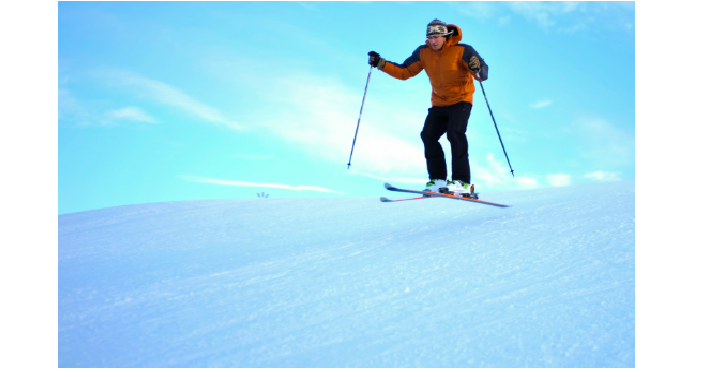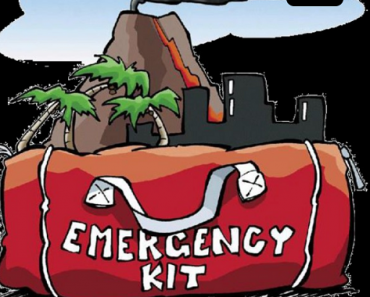
There is no doubt that the internet has opened up access to a world of information. You can google anything to find relevant information on the subject. But not every information available on Google is accurate. So when you are searching for academic help online, you have to screen the information carefully. Most of the websites use click baits to lure more people. But as a student, you need to know how to distinguish between true and false information while you are looking for help with your science subjects. In this article, we are going to discuss some ways that can help you to identify incorrect subject research while looking for science homework help. It will save you from incorporating incorrect information in your assignment and getting bad grades.
The Title
Falsified information would always try to feature a clickbait title, so look out for exaggerated and flashy headlines. It is common practice to sensationalize the title or the headline so that internet users could get urged to click on their website link. Even the information on those websites would seem to be stretched. If the link and the content seem too flashy then the information provided by them might not be entirely correct. You can screen the information thoroughly before using it, or find something more authentic.
Media Articles
Media articles might be common, but they often misinterpret information to make it more user friendly. Sometimes these articles are also jazzed up to catch the attention of the masses. Media articles would always provide a source of information. If you feel that the topic is relevant for your assignment, look for the link of the source. You can use that information instead.
Beware of Solicitation
Some researches published online might be done in favor of a product or a commodity. Big companies often pay scientists to publish analysis so that people can be swayed to buy their products or services. The research might be valid, but it might have been adjusted to serve the purpose of solicitation. Using these types of scientific data could also create a conflict of interest between you and them. So it is best to avoid research materials that seem to favor a commodity or a service.
Vague Language
Some scientific articles might use vague or abstract language to support their theory. They might also have arguments or speculative suggestions that get presented without enough research behind them. The data presented might not be accurate and could be done to mislead people to agree with them. The information provided could also be partially correct or halfhearted. These types of articles are written suggestively and never use affirmative language. If you think that there might be some relevant information in them, make sure it is accurate before you use it in your assignment. You can cross-check the data or write to them and ask for further information about it. If the research is not complete or accurate, possibly you will not receive any further information.
Inadequate Sample Size
Inadequate representation does not mean a small sample size. Some studies could get completed successfully using fewer samples. If that is the case, it would be mentioned by the researcher specifically in the article. If you think that the sample size used to conduct the research is too small, it is best to avoid such an article for data. The sample should represent the population towards which it has been directed.
Lack of a Control Group
A placebo group or control group is the group of subjects that has not been subjected to the research but only told that they are part of the study. For example, in a clinical study, a group of people might be given an empty capsule. They will not know about it. The purpose is to check the results of the people who were given the real capsules against them. The lack of a placebo group or control group means that the data or the research has not been cross-checked. It can also be indicative that research was never conducted in the first place.
Lack of Peer Review
Any valid scientific research will have to be endorsed by a panel of scholars or fellow researchers. This step is essential for research to be entered in a scientific journal. Peer review is not the same as a Yelp review. They are not specific and would include a small and detailed analysis of the research. A lack of peer review can indicate that the research might not be accurately conducted or completed.
We hope that these tips will help you choose your research articles carefully and avoid the bad science information out there on the internet.






